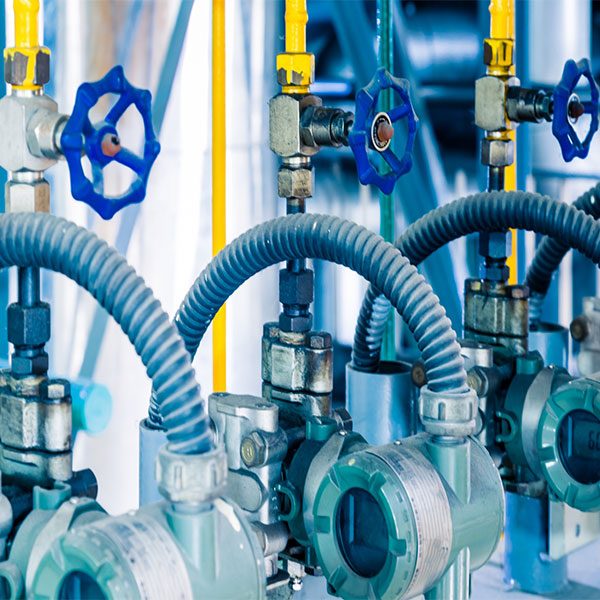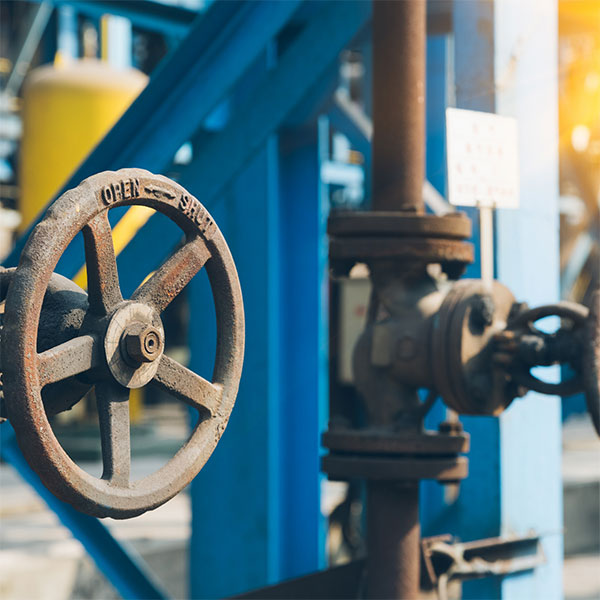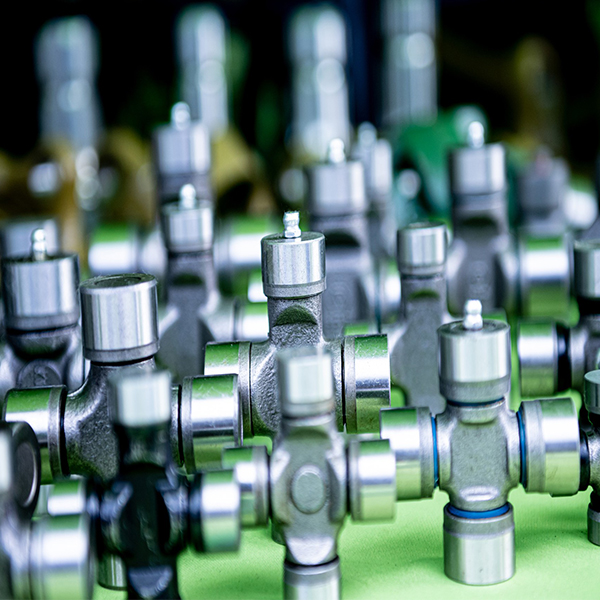Pumps are the unsung heroes of industrial processes, enabling the efficient movement and control of fluids, gases, and slurries. These mechanical devices play a crucial role in a wide range of industries, from manufacturing and chemical processing to water treatment and oil and gas production. In this comprehensive overview, we’ll explore the various types of pumps, their applications, and the importance of selecting the right pump for each industrial process.
Types of Pumps Used in Industry
- Centrifugal Pumps:
- Widely used in industries due to their ability to handle large flow rates efficiently.
- Convert mechanical energy from a rotating impeller into kinetic energy, propelling fluids outward and creating pressure.
- Common applications include water supply systems, wastewater treatment, and HVAC systems.
- Positive Displacement Pumps:
- Trap a specific volume of fluid and force it through the pump’s discharge outlet.
- Deliver a constant flow rate regardless of changes in system pressure.
- Ideal for applications requiring precise dosing, such as in pharmaceutical manufacturing, food processing, and oil and gas production.
- Reciprocating Pumps:
- Move fluids with a piston or plunger that moves back and forth.
- Often used for applications where high pressures are required, like cleaning of sewer lines, the oil industry, and pneumatic pressure systems.
- Diaphragm Pumps:
- Use a combination of the reciprocating action of a rubber, thermoplastic, or teflon diaphragm and suitable valves on either side of the diaphragm to pump fluids.
- Suitable for handling corrosive or abrasive fluids in the chemical industry.
Industrial Applications of Pumps
- Oil and Gas Industry:
- Centrifugal pumps are commonly used for transferring crude oil, pumping natural gas, and injecting chemicals into wells.
- Reciprocating pumps are also utilized for high-pressure applications.
- Chemical Industry:
- Pumps ensure efficient and safe handling of chemicals, transferring large volumes of liquids and slurries.
- Diaphragm pumps and magnetic drive pumps are suitable for handling corrosive or hazardous fluids.
- Water and Wastewater Treatment:
- Utilize pumps to move large volumes of water efficiently through different treatment stages, from raw water intake to filtration and disinfection processes.
- Food and Beverage Industry:
- Sanitary pump solutions maintain hygiene standards while efficiently transferring viscous substances like sauces or pastes.
- FDA-approved materials ensure the proper handling of ingredients during production processes.
- Pharmaceutical Industry:
- Rely on precise dosing systems provided by specialized pumps for accurate dispensing of medications during manufacturing processes.
- Highly controlled pumping mechanisms guarantee product quality while adhering to stringent regulatory standards.
Importance of Pump Selection
Choosing the right pump for an industrial application is crucial to ensure efficient operation, minimize downtime, and reduce maintenance costs. Factors to consider when selecting a pump include:
- Flow rate and pressure requirements
- Fluid properties (viscosity, temperature, and corrosiveness)
- Environmental conditions (temperature, humidity, and dust)
- Energy efficiency and sustainability goals
Nanjing Xing Yi Chen is a leading supplier of high-quality pumps for various industrial applications. Their extensive product range includes centrifugal pumps, positive displacement pumps, and specialty pumps designed to meet the specific needs of different industries. By partnering with Nanjing Xing Yi Chen, industrial customers can access reliable, efficient, and cost-effective pumping solutions that optimize their processes and enhance productivity.
Pumps are the backbone of industrial processes, enabling the efficient movement and control of fluids, gases, and slurries. By understanding the different types of pumps and their applications, industrial professionals can make informed decisions when selecting the right pump for their specific needs. As the demand for efficient and sustainable industrial processes continues to grow, the role of pumps will only become more critical in the years to come.








